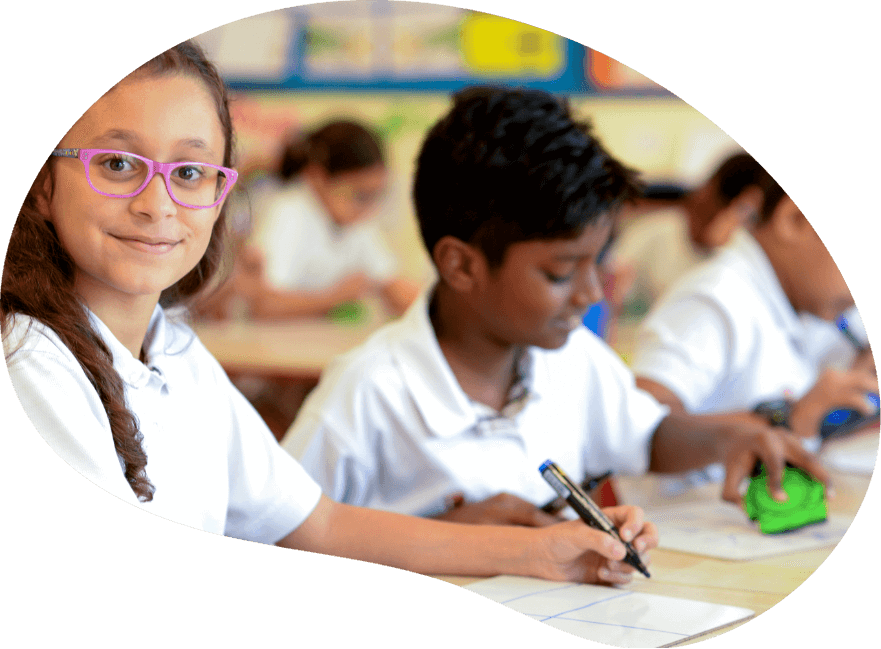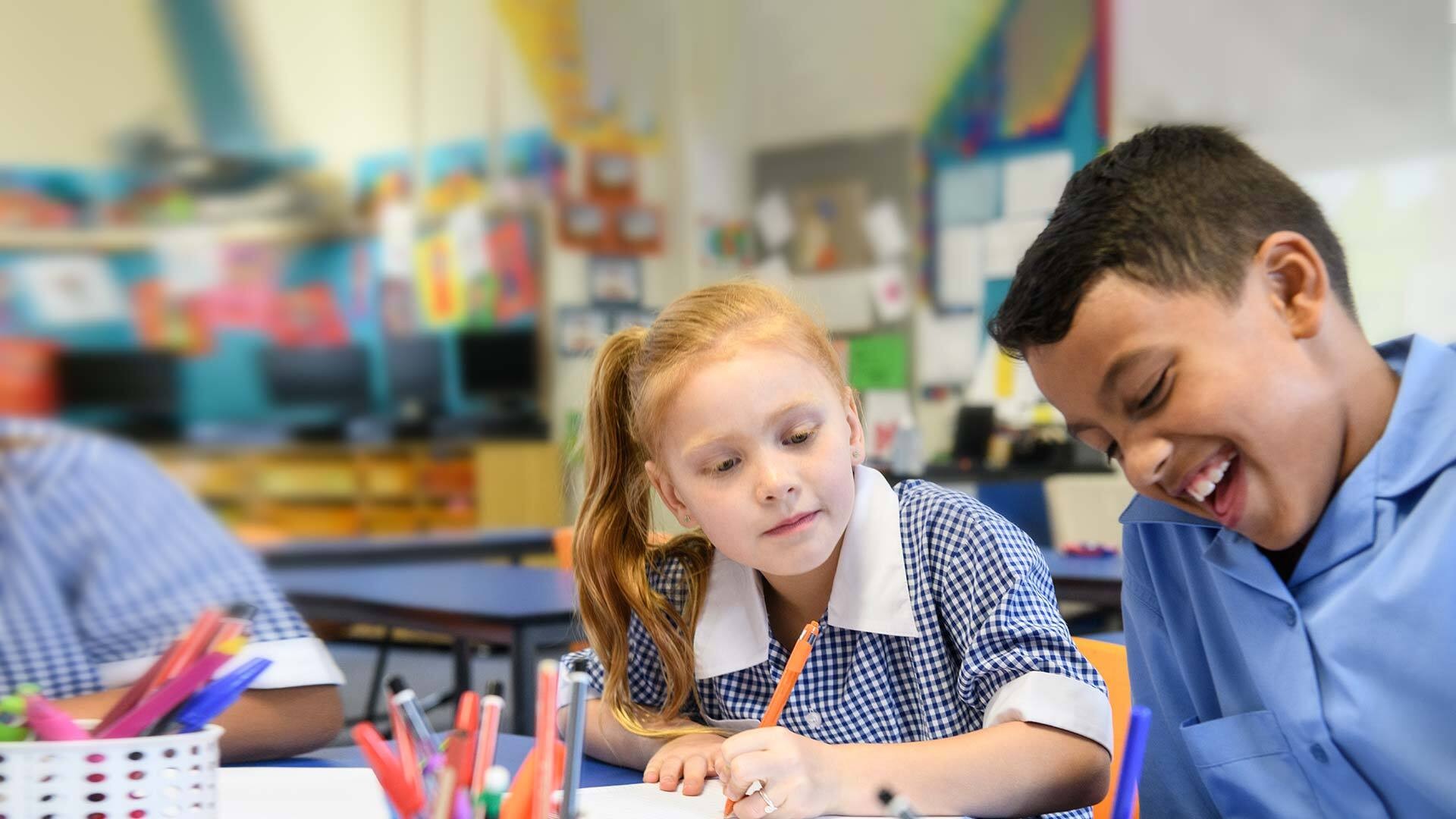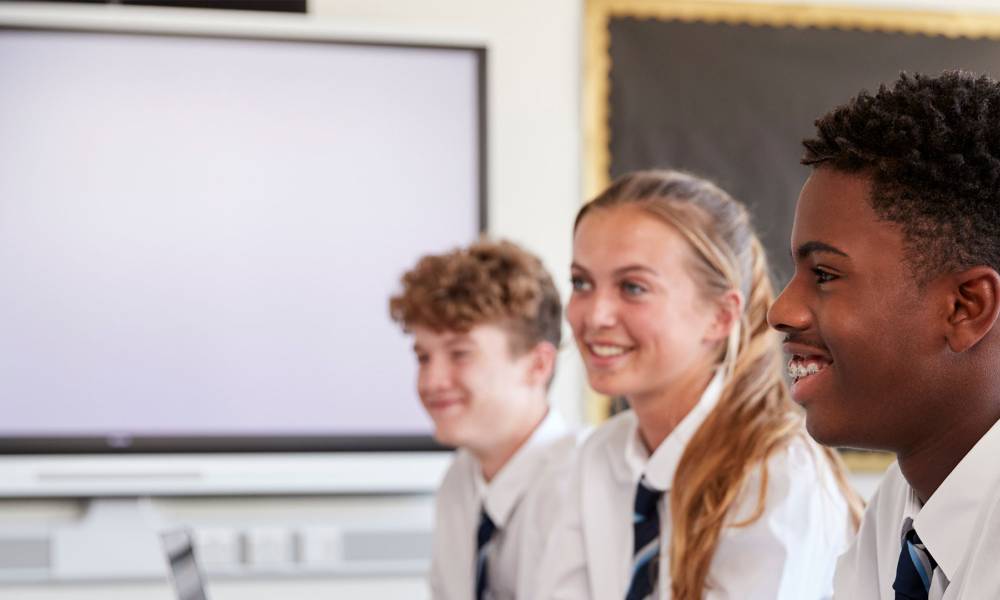Executive Summary
Deborah Eyre, Founder and Chair at High Performance Learning talks about how the language you use in school really matters, and why ‘performance’ should replace ‘ability’.
From ability to performance
Is your school still using the word ‘ability’ rather than ‘performance’? Does it still have ability groups? Do you talk about the ‘more able’ or ‘less able’? Are your students defined by their perceived ability? If so, then stop. Research shows1, using this language means you are rationing success and your school will never be more than average in terms of student outcomes. You are creating a self-fulfilling prophecy.
Focus instead on performance: what each student is achieving now and what you want to see. If they are not performing highly at the moment then the mantra is ‘not yet’. Think about how to help students have the self-belief that will enable them to outperform their academic predictions. When giving feedback focus on progress, a next achievable goal and on what high performance would look like. That way, the student can see the entire journey and where they sit on it.
Think about how to help students have the self-belief that will enable them to outperform their academic predictions.
They are then focusing on improving their personal best over time. They will be more willing to take risks and less disappointed when they fail.
So take a simple first step: switch the word ability to performance. Then ability sets become performance sets and students know how they are currently performing but also - and crucially - that this can change. They can succeed.
Everyone can
Ability ranking is something from the past. We believed that a person’s recent and future performance was determined by their cognitive potential. We thought we could measure it accurately. Now we all know that the brain is in fact exquisitely plastic and is moulded over time, so we are not limited by our potential - everyone is a potential high performer.
…the brain is in fact exquisitely plastic and is moulded over time, so we are not limited by our potential - everyone is a potential high performer.
Not only that, studies in psychology and neuroscience have shown us how to maximise that development. The learning sciences are now guiding our pedagogical practice. The road map is set out and all we educators have to do is follow it.
But many schools and many teachers are inadvertently stopping this development by still labelling students as having particular levels of ability and giving them an educational diet that they think suits their needs. They are creating ‘flight paths’ and placing students on them, pre-determining their range of expected achievement. If you are placed in a lower ability set early in your school life and not expected to perform at the highest levels later, then research shows you probably won’t.
If you are placed in a lower ability set early in your school life and not expected to perform at the highest levels later, then research shows you probably won’t.
No teacher wants to think they are hindering a student’s progress, but if you are labelling by ability then you are potentially doing just that.
Labelling by ability damages well-being and self-esteem
We know that research into ability grouping and attainment presents a somewhat mixed picture but research into ability grouping and well-being is much clearer. This more recent area of study (e.g. Francis et al, 2020)2 suggests that even ability grouping within a classroom leads to increased levels of emotional problems and hyperactivity for those in lower groups. Even worse, being in a lower group creates a gap in self-confidence between students in the top and bottom sets that widens significantly over time. Young lives are being wasted.
…being in a lower group creates a gap in self-confidence between students in the top and bottom sets that widens significantly over time.
By contrast, in our work in High Performance Learning schools where performance has replaced ability, over 90% of staff report that HPL students are engaged and confident in their learning and being in the school is having a positive impact on student well-being and self-esteem3. Simply switching focus from levels of ability to current performance builds agency and confidence in children and young people of all ages.
Simply switching focus from levels of ability to current performance builds agency and confidence in children and young people of all ages.
Praising by ability leads to cheating
Importantly it isn’t just those in lower sets who are affected by being labelled. Zhao et al (2017)4 are amongst a growing body of researchers who have found that being labelled as ‘smart’ has its issues too. These students are more likely to be dishonest and cheat because they feel their status is linked to their position as being one of the smart ones. This creates an overwhelming pressure to succeed and an anxiety that lack of success may occur. The field of gifted education has known for many years that labelling as gifted can lead to a focus on perfectionism and dissatisfaction with anything less than completely perfect.
So for the progressive, forward-looking teacher and school leader, ‘performance’ rather than ‘ability’ is the language for teaching and learning. Focus on self-belief. Focus on individual progress so far, a next achievable goal, and what high performance would look like. After all, it is not the job of the education system to decide who will succeed. Rather it is to create the conditions that lead to that success. At a time when we are all concerned about well-being in school, labelling by ability simply doesn’t have a useful role.
Let’s banish the bell curve and expect more from more. Everyone.
If you believe that every child can achieve academic success and live a life full of opportunity, Talk to Us


High Performance Learning can be in used in any country, for any age offering any curriculum. It is a research-based, pedagogy-led philosophy that responds to our growing understanding of human capability.
Our approach to teaching and learning provides ambitious leaders around the world with the ideas and resources they need to create world class schools. And our underpinning philosophy of empowerment improves student self-esteem, enhances wellbeing and allows students to believe that everyone is capable of academic success and opportunity.
1 Eyre, D. (2010). Room at the Top: Inclusive Education for High Performance. London: Policy Exchange
4 Zhao, Li & Heyman, Gail & Chen, Lulu & Lee, Kang. (2017). Praising Young Children for Being Smart Promotes Cheating. Psychological Science. 28. 095679761772152. 10.1177/0956797617721529.


